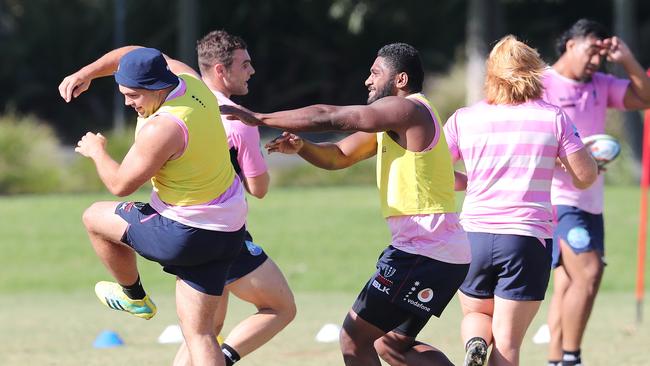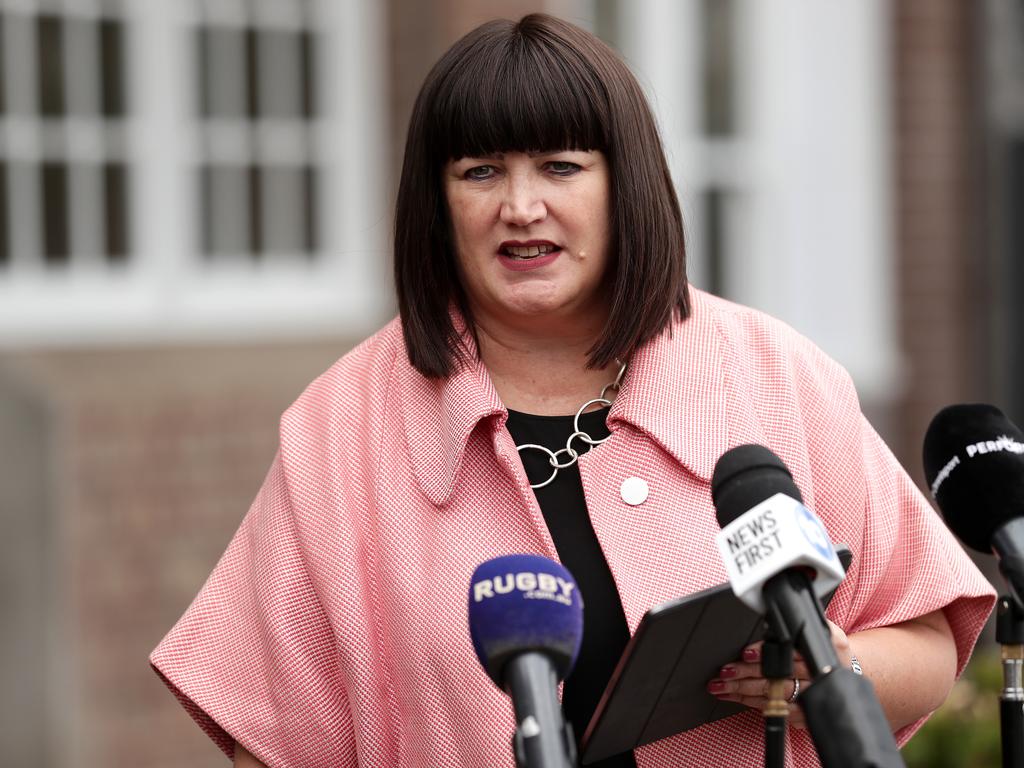As cash starts to run dry, rugby may turn to private ownership
Rugby Australia is exploring the possibility of private ownerships of Super Rugby teams becoming the norm.

Rugby Australia is exploring the possibility of private ownerships of Super Rugby teams becoming the norm when its reserves of funding run out in about three months’ time.
Paul McLean, the chairman of RA, said that a range of options were already being explored, from turning to the federal government and World Rugby for a bailout, through to exploring the private equity route even more seriously than they had before the COVID-19 pandemic hit.
But there was an intriguing further option.
“Private equity is one thing (but) private funding is always an option,” McLean said.
“Some of the New Zealand provinces have had private funding, we’ve had it with the (Melbourne) Rebels as well.”
Indeed, the Rebels came into being only because of the support of media rights entrepreneur Harold Mitchell in 2011 while a private owner, Andrew Cox, was at the helm of the Melbourne team as it was going through the dark days of 2016, fearing it would be culled from Super Rugby.
In the end, the axe fell instead on the Western Force, who have since been reborn under the guidance of their new private owner, mining billionaire Andrew Forrest.
Almost certainly, Forrest will be asked to play a leading role when rugby finally does resume.
Initially, he would be asked to continue funding the Force in an Australia-only domestic competition against the Waratahs, Reds, Brumbies and Rebels. But as an entrepreneur who has intentions of taking the professional game into Asia through Global Rapid Rugby, he might well see opportunities to be explored as Rugby Australia attempts to trade its way out of trouble.
“It is really the new order,” said McLean. “Everything is on the table and that is probably not a bad thing. We will not be dissimilar to any other sport. No sport will be the same after this ... you’ve only got to read about what is happening with broadcasters overseas. Everyone is in the same boat. This is global.”
McLean’s comments came just as reports were appearing in the media of wealthy American investors being prepared to buy up Australian sporting franchises, indeed even entire sporting leagues.
“We have clients who are very interested in Australia, not just in purchasing a team but an entire league,” said Andrew Klein, the founder and managing director of Park Lane, a firm that specialises in helping cashed-up American investors become owners of sporting franchises.
“We were looking at Australian assets before COVID hit and we were interested. Now that there has been some steam taken out of the market, we are even more interested.”
McLean, meanwhile, believes that while the NRL may be overly optimistic in planning for a restart to its competition by July 1, he feels that rugby might be able to get underway within a month or so of that date.
“A five-team domestic competition would be our first priority,” he said. “An international competition would be of secondary importance.”
Australia are already scheduled to play the All Blacks twice during The Rugby Championships, in Melbourne on August 8 and in Wellington the following weekend. Even if the TRC fails to go ahead on schedule, it might be possible for the Bledisloe Cup fixtures to proceed if trans-Tasman travel restrictions have been relaxed by that point.
But given that a third Bledisloe fixture has been set down for Brisbane on October 17, independent of The Rugby Championship, the entire series could be pushed back until the end of the year if necessary, especially if both countries are forced to abandon their regular November spring tours to Europe.




To join the conversation, please log in. Don't have an account? Register
Join the conversation, you are commenting as Logout